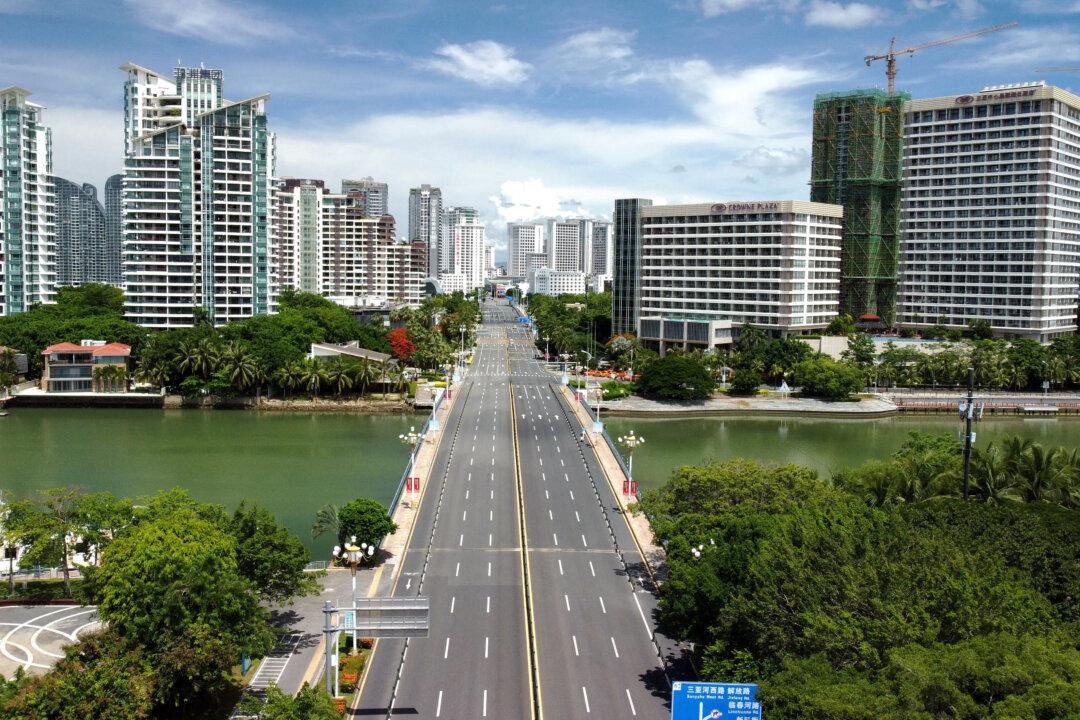Commentary
The issue of time is critical for the evolving international system, in which regional and global powers jostle for advantage and the ability to determine the future global order. Nowhere is this more true than in contemporary U.S.-China relations, through which Washington tries to dampen Beijing’s attempts to overturn the existing Pax Americana.





